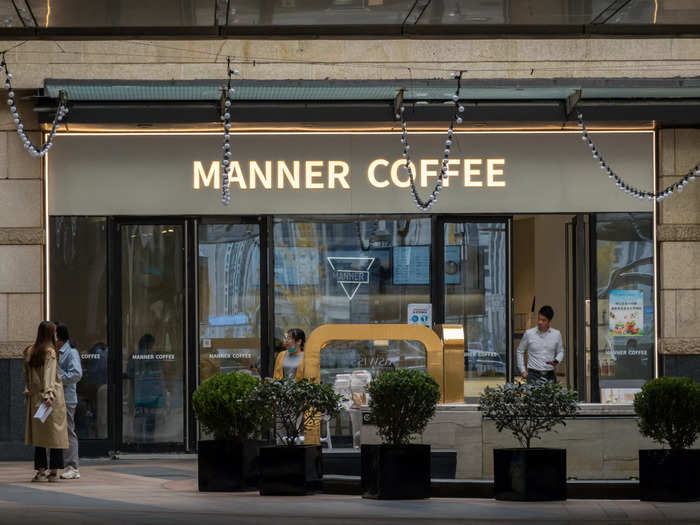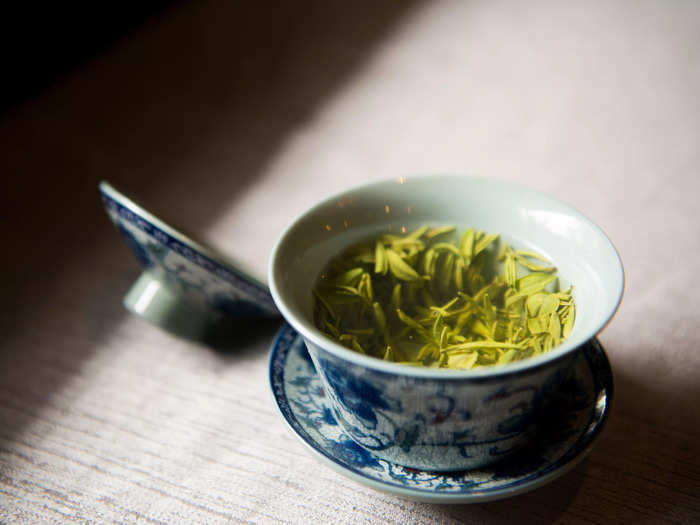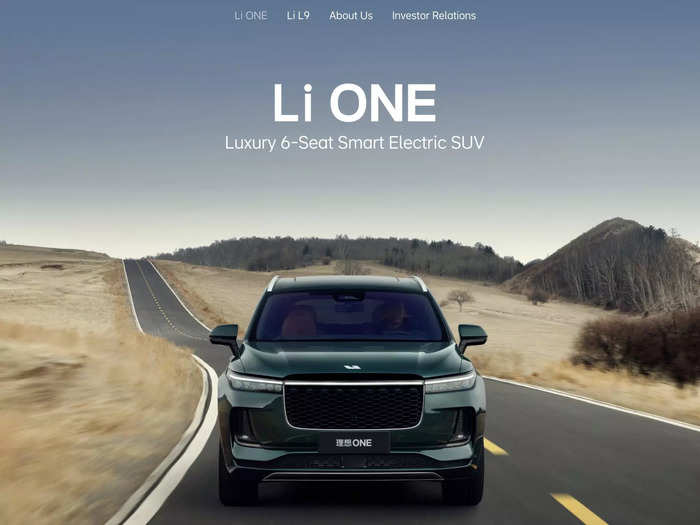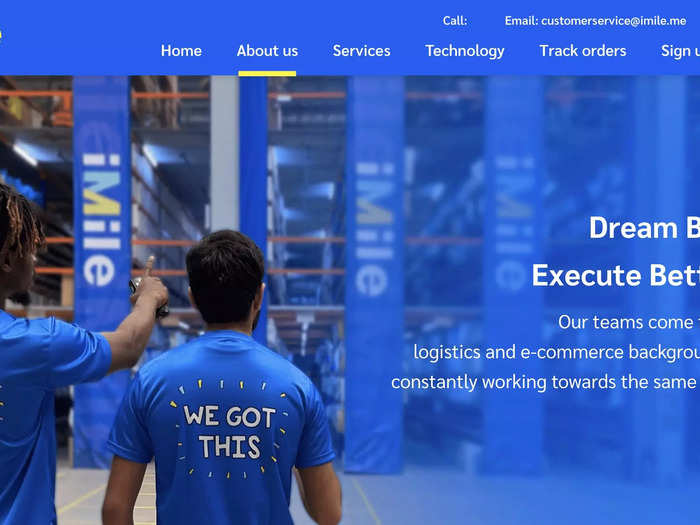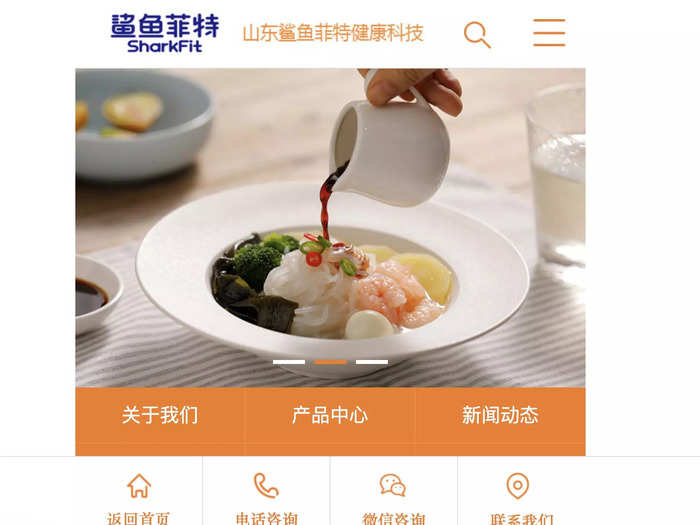CFOTO/Future Publishing via Getty Images
- TikTok's owner ByteDance bought a hospital chain that focuses on women and children, reportedly for $1.5 billion.
- ByteDance's foray into healthcare is not its only curious investment outside of the social media space.
TikTok has exploded in popularity over the last few years, becoming the fastest growing social media app and inspiring copycats. But behind the scenes, TikTok's owner, ByteDance, has made strategic moves to expand beyond the social media industry.
Last month, Bloomberg reported that the Chinese company paid $1.5 billion for Amcare Healthcare, one of China's largest private hospital chains focusing on care for women and children. Amcare offers a luxury post-pregnancy package that costs $32,000 for a 28-day stay, according to a report by The Information.
ByteDance did not respond to Insider's request for comment about its investments.
ByteDance's most popular brand, TikTok, is not immune to controversy in the US. The company has been accused of spying on users for the Chinese government, which TikTok consistently denies.
Despite the uncertainty around TikTok, ByteDance has quickly grown into the world's most valuable startup, according to the Harvard Business Review.
ByteDance's foray into healthcare is not its only curious investment outside of the social media space. See some of the surprising investments made by TikTok's parent company.
Manner Coffee
MANNER coffee shop in Shanghai, China Wang Gang / Costfoto/Future Publishing via Getty Images
Manner is a specialty coffee chain based in China. ByteDance's investment in the company was announced in June 2021. Bloomberg reports that Manner has explored going public on the Hong Kong stock exchange.
Moonton
Mobile Legends trailer Mobile Legends: Bang Bang Official
Moonton, a Shanghai-based gaming studio famous for its game Mobile Legends, was acquired by ByteDance in 2021, according to Reuters. ByteDance's deal reportedly values the video game-maker at $4 billion, two sources told Reuters.
Lanxiong Hot Pot
Traditional Chinese hot pot Getty
ByteDance is an earlier investor in Lanxiong, which is a franchise of convenience stores that specialize in hot pot ingredients. The company is based in China and has raised $15.5 million, according to Pitchbook.
Minerva Project
Minerva Project website Minerva Project
Minerva Project is an education company that combines "leading educational science with advanced digital technology to completely redesign what, how, and where education occurs," according to its website. Not only is ByteDance an investor in the company, but Minerva Project counts Zhang Yiming, the founder of ByteDance, as a board member.
Ning Ji
Sunphol Sorakul/Getty Images
ByteDance has made more than one foray into the beverage industry. Ning Ji is a Chinese tea brand focused on lemon-flavored tea, according to Crunchbase. Ning Ji raised $1.6 million in July 2021 in a Series A funding round from ByteDance, along with other investors.
Li Auto
Li Auto website Li Auto
Li Auto is an electric vehicle company based in China. It went public on the Nasdaq two years ago and has a market cap of $25 billion, per Yahoo Finance. ByteDance shelled out a $30 million investment in the company's Series C funding, according to TechCrunch.
iMile
iMile's website iMile
iMile is a delivery and logistics company based in Dubai and provides services across the Middle East, China, and Latin America. ByteDance was the lead investor in iMile's Series A funding in 2021, which raised $40 million, Bloomberg reports.
Shark Fit
Shark Fit's website Shark Fit
Shark Fit is a health food brand founded in 2017, according to Crunchbase. It has raised more than $17 million and counts ByteDance as one of its Series B investors.
News Republic
News Republic
ByteDance acquired News Republic, an English-language news app, in 2017 for $85 million, Crunchbase reported. The app was just one of TikTok's news-focused apps - in addition to TopBuzz and Toutiao. All three were shut down in 2020. Buzzfeed recently reported that former employees at ByteDance said that TopBuzz was used to push pro-China messages onto its American users, something the company denies.

